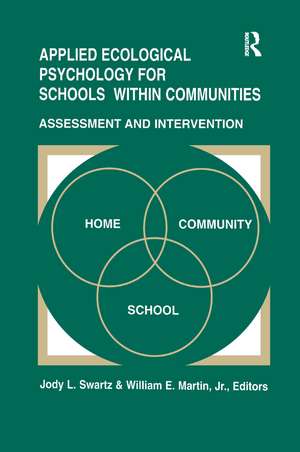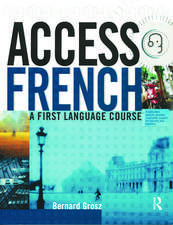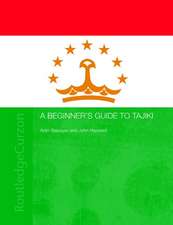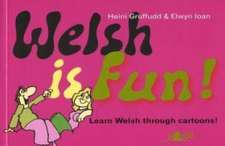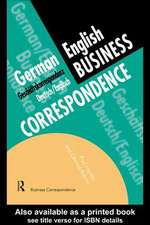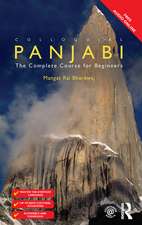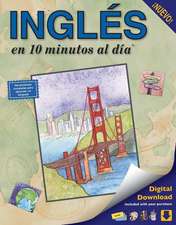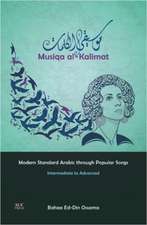Applied Ecological Psychology for Schools Within Communities: Assessment and Intervention
Editat de Jody L. Swartz, William E. Martin, Jody L. Swartz-Kulstaden Limba Engleză Paperback – 8 iul 2016
In contrast to traditional psychology theories which focus primarily on the individual, incorporation of ecological psychology concepts allows for a more comprehensive and in-depth analysis of sources contributing to the individual's ability to adapt to their psychosocial environment. Ecological theories which drive assessment, intervention, and prevention efforts provide the necessary framework for assisting school-aged youth and their associated ecological networks to cope with and overcome the multidetermined, multifaceted concerns that arise during the school years. However, this is an often difficult and cumbersome task for educators, parents, and school systems to undertake.
To this end, this volume focuses on the functional application of ecological psychology for schools within communities. Each of the 10 chapters -- written by key figures in school, family, counseling, and community psychology -- explores the use of ecological theory from a different perspective, ranging from focus on the child, the child within the classroom, the classroom teacher, and the community to considerations in working with special populations such as juvenile delinquents and in planning for developmental issues such as school-to-work-transition. The final chapter summarizes and integrates the previous chapters and provides suggestions for future directions in the field.
Preț: 290.67 lei
Preț vechi: 356.63 lei
-18% Nou
Puncte Express: 436
Preț estimativ în valută:
55.62€ • 58.07$ • 46.03£
55.62€ • 58.07$ • 46.03£
Carte tipărită la comandă
Livrare economică 05-19 aprilie
Preluare comenzi: 021 569.72.76
Specificații
ISBN-13: 9781138963696
ISBN-10: 1138963690
Pagini: 254
Dimensiuni: 152 x 229 mm
Greutate: 0.45 kg
Ediția:1
Editura: Taylor & Francis
Colecția Routledge
Locul publicării:Oxford, United Kingdom
ISBN-10: 1138963690
Pagini: 254
Dimensiuni: 152 x 229 mm
Greutate: 0.45 kg
Ediția:1
Editura: Taylor & Francis
Colecția Routledge
Locul publicării:Oxford, United Kingdom
Public țintă
ProfessionalCuprins
Contents: Foreword. Part I: Introduction. J.L. Swartz, W.E. Martin, Jr., Ecological Psychology Theory: Historical Overview and Application to Educational Ecosystem. Part II: Assessment and Intervention with Students. L. Gaddis, L. Hatfield, Characteristics of the Learning Environment, Students, Teachers, and Their Interactions. J.C. Conoley, P.C. Rotto, Ecological Interventions with Students. Part III: Assessment and Intervention with Teachers in Classrooms. M. McLellan, I. Sanshez, Principles and Application of Ecological Assessment for Teachers. J. Shaftel, M. Fine, Ecosystemic Intervention with Teachers: A Collaborative Approach. Part IV: Assessment and Intervention with Schools. E.R. Moan, R.N. Mellott, Assessment and Intervention with Schools. E.J. Trickett, Developing an Ecological Mind-Set on School-Community Collaboration. Part V: Assessment and Intervention with Communities. E.M. Szymanski, School to Work Transition: Ecological Considerations for Career Development. S.L. Schoenwald, S.W. Henggeler, M.J. Brondino, J. Donkervoet, Reconnecting School with Families of Juvenile Offenders. Part VI: Conclusion. W.E. Martin, Jr., J.L. Swartz, Integrated Application of Applied Ecological Psychology in Schools within Communities.
Notă biografică
Jody L. Swartz, William E. Martin, Jody L. Swartz-Kulstad
